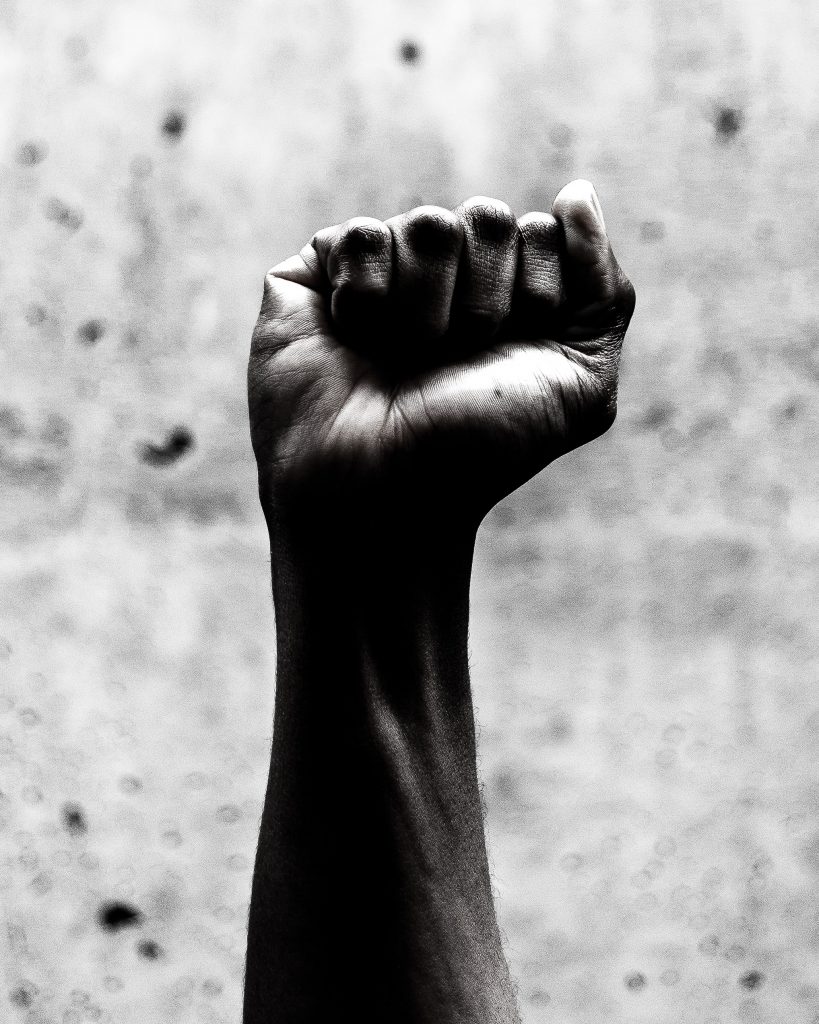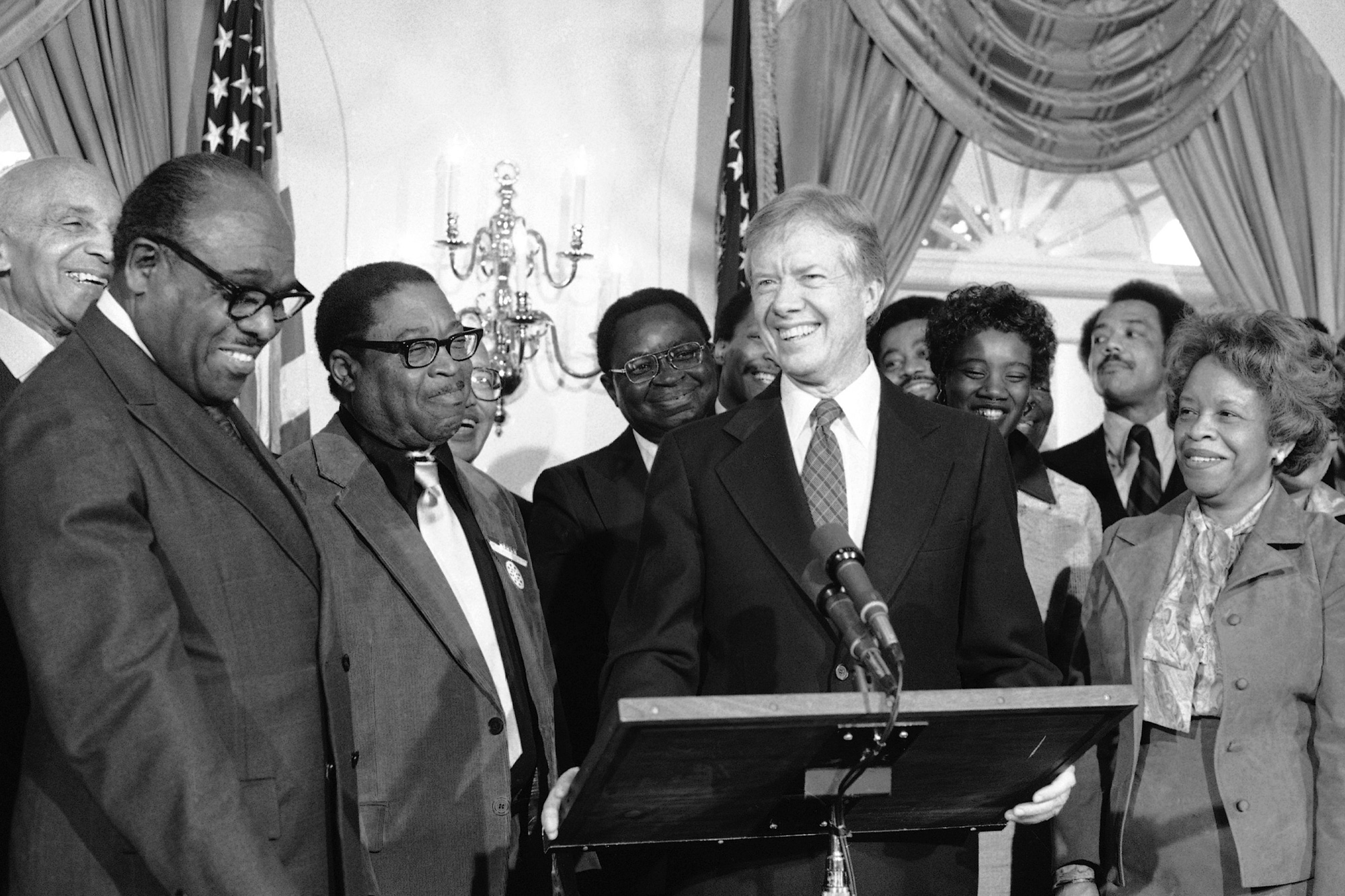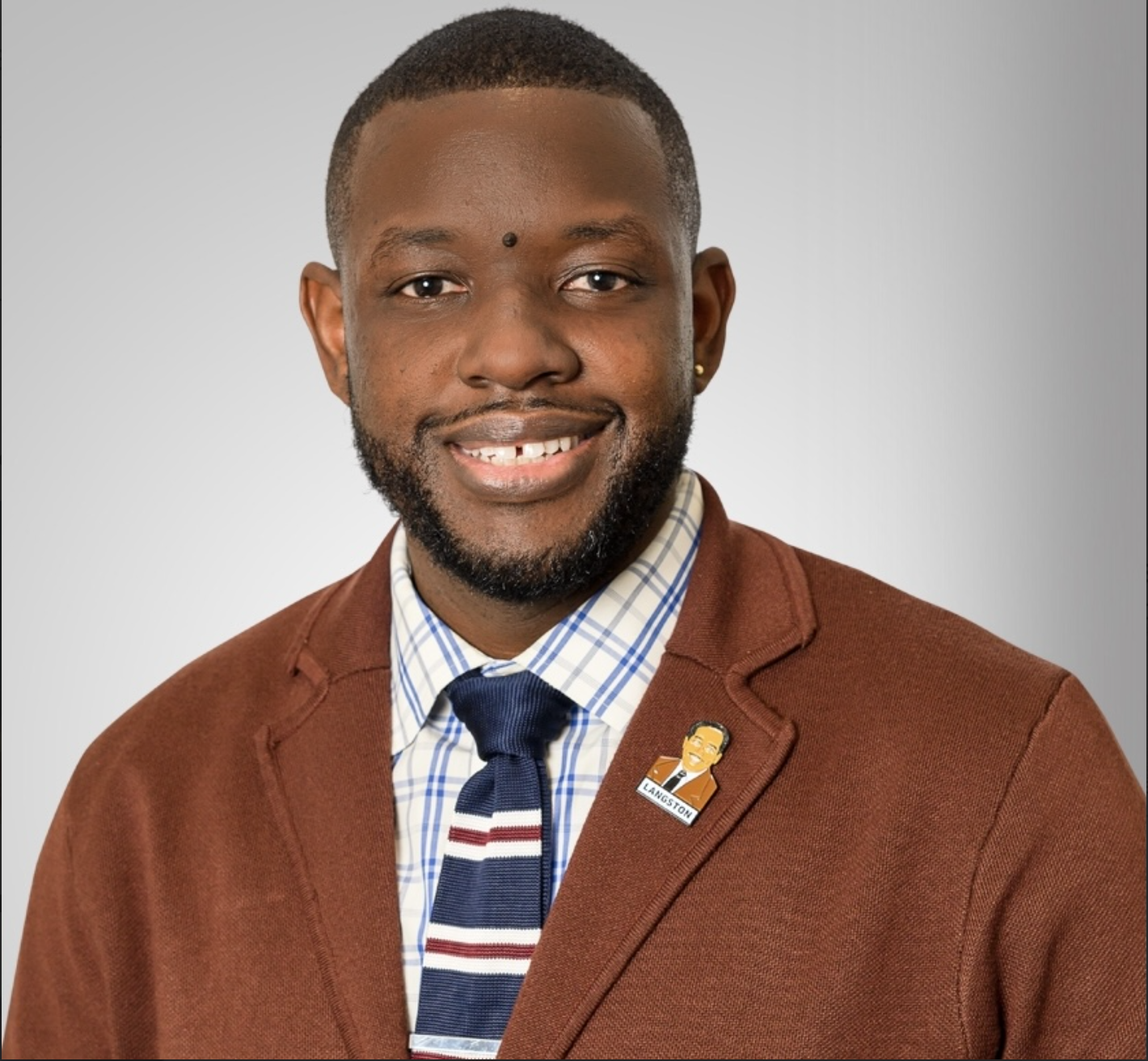Black History Month is a time of remembrance, reflection and even celebration.
When Carter G. Woodson introduced Negro History Week in 1926, I am not sure if he could have envisioned the world we live in today.
When the Association for the Study of African American Life and History pushed for Black History Month in 1976, I am not entirely sure they imagined our current national landscape.
As a Black man, this I do know—America has yet to fully evolve into a society that no longer necessitates a Black History Month, and it is our fault. That may come as a shock to you. But in fact, for many Americans, the idea that Black history should be synonymous with American history is both disturbing and foreign.
I spent the Black History Month that just ended in the Rio Grande Valley following one of what some would call the most appalling scenes in national history: Americans, motivated by misinformation, stormed their own Capitol.

‘There Is Too Much Trauma Here’
I’ve heard some interesting questions around Black History and if it should be taught in schools. Those questions surfaced particularly in schools where most students do not identify as Black. I’ve heard parents threaten to take their children out of schools. I’ve heard people ask (only in February), “Why can’t we just study our heritage instead?” I’ve heard people claim that to study Black American History is divisive and creates racism. I’ve heard people assert that we should not force them to study Black American History, nor bring it into their communities.
Here is the second shock of this writing: I will not defend Black History Month.
I will not crow for you. There is too much trauma here. To always defend your right to be, to have a history, to want a future, to stand up for justice, to claim your freedom—it all comes with an emotional toll. And this month, there are those who would ask Black Americans to explain to them why their history is just as valid as any other American’s. There are those who would demand of us to lay out all the evidence to prove that people who have existed on American soil, before the existence of the United States, have indeed contributed to this society.
Does my presence make you doubt that you will ever be truly welcome in a white-normed society? Will you (non-white), standing next to me (non-white), be reminded that we can never truly fit a culture that affirms only whiteness? Or is my existence—juxtaposed with yours—a stark reminder of how different we are from what white privilege has told you is acceptable? Is it even about history?
‘I Will Not Put on a Show’
Nevertheless, I will not put on a show to make this moment any more comfortable. There will be no Black trivia or moving negro spirituals displayed for your consumption. There shall be no tales of Black struggle for you to fawn over. As a result, your question may become, “How then will we know you are real?” To which my answer will be a practiced silence. For you to ask me to prove my humanity, is to discount your own.

But, I will not be arguing on behalf of an entire race today.
I will not share a book list.
I will not enumerate our great American achievements.
Further, I will not beg you to see my human dignity.
Instead, today I will encourage you to come with me, and enter my place of safety. I will ask you to notice how endearing it is to hear the coos of my newborn son. You will tell me that you remember when your child was just as small. We will listen together, as my first grade daughter reads and shares with her mother what she discovered. You will tell me that my princess reminds you of your daughter. You may even consider how similar my house is to the one you grew up in.
We’ll reflect on hair styles, and taste each others’ food; we will see our differences, but we will not say things like, “We’re all just people.” Truly, I hope that you never become just anything, and that you will desire the same for me.
My challenge, for any who frown on such a thing as a Black History Month, and my task for those who would stand against it living in their communities, is simple:
Love something different from yourself.
Love it in a way that makes you and it uncomfortable.
Ask yourself questions that you cannot answer. Then, appreciate your ignorance enough to search for answers.
If you cannot do at least this, we have found what sustains division and where prejudice and racism live.
To be clear, it is not in Black History Month.
This piece was published in cooperation with The Rio Grande Guardian, the first online newspaper to launch on the South Texas border setting the pace and breaking news often before traditional media outlets.
This MFP Voices essay does not necessarily represent the views of the Mississippi Free Press, its staff or board members. To submit an essay for the MFP Voices section, send up to 1,200 words and factcheck information to azia@mississippifreepress.com. We welcome a wide variety of viewpoints.






